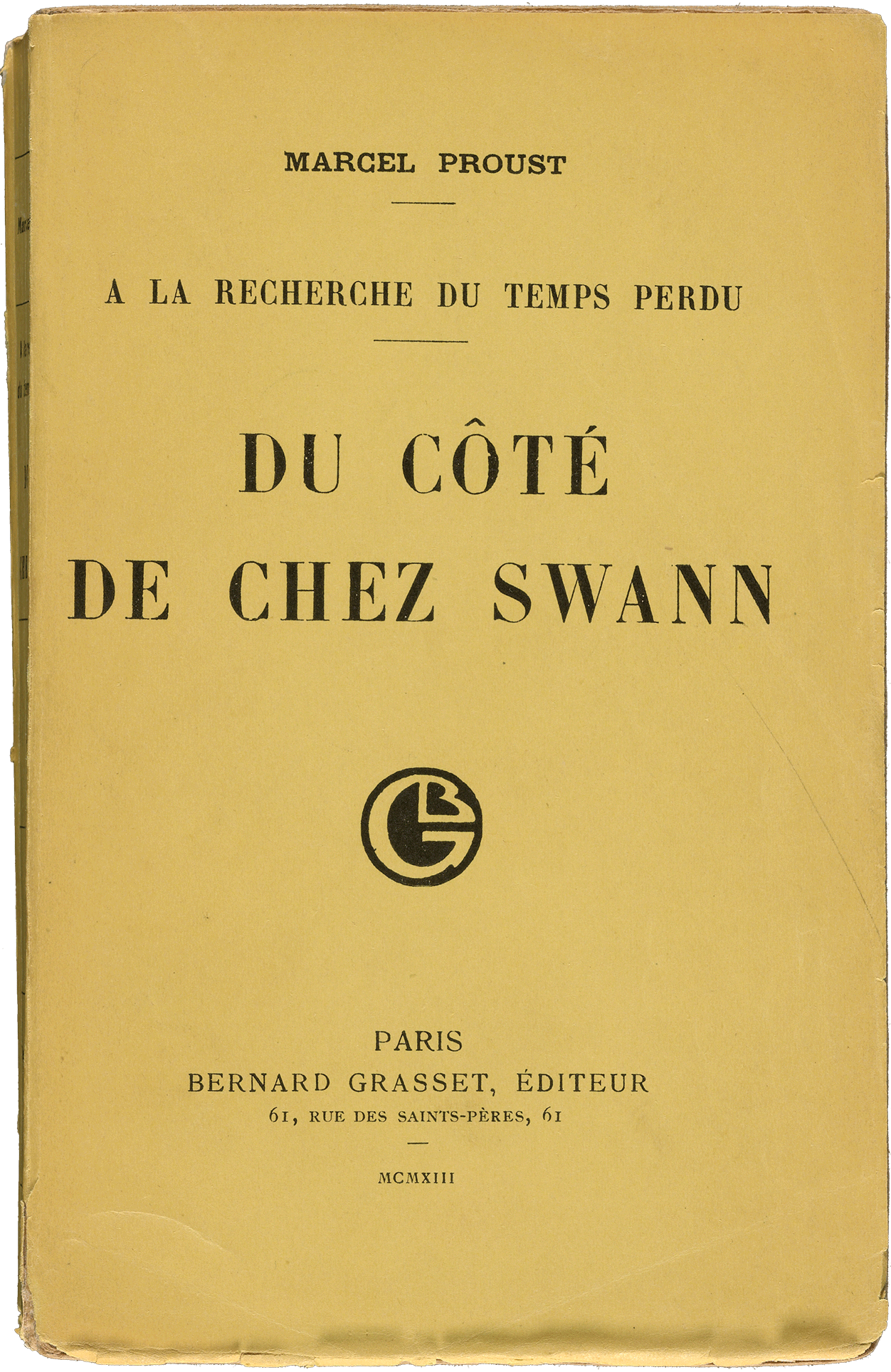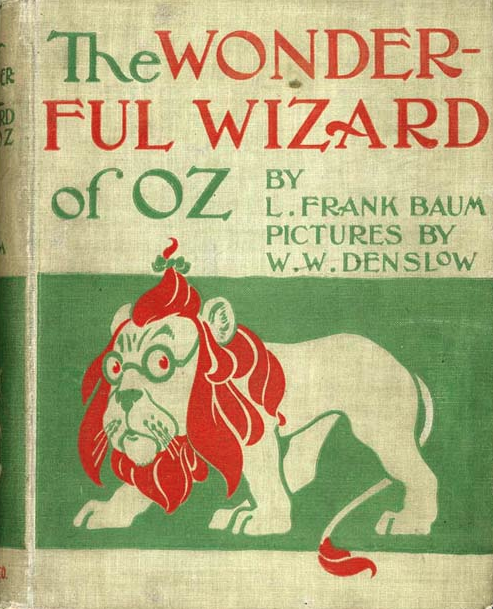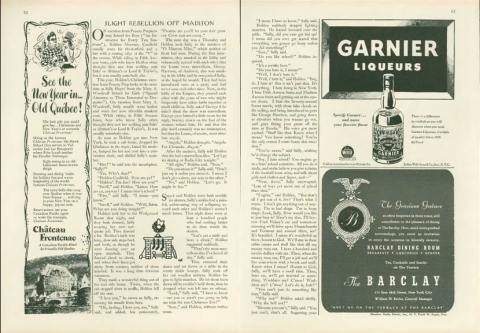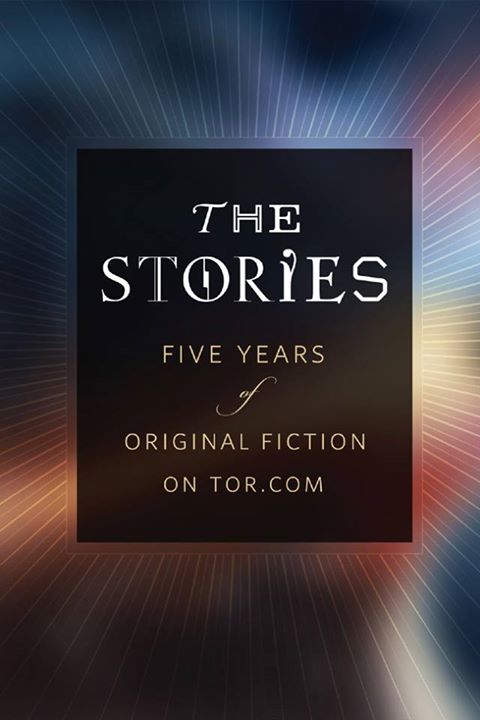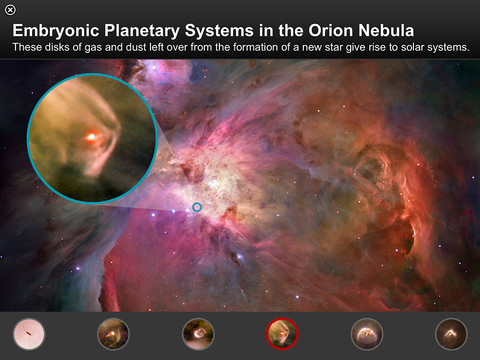“We seem to be reaching a point in history where Ulysses (1922) is talked or written about more than read,” writes Wayne Wolfson at Outsideleft in an essay on James Joyce and Marcel Proust, whose Swann’s Way, the first in his seven-volume cycle Remembrance of Things Past (À la recherche du temps perdu), turns 100 today. This observation might have applied to Proust’s enormous modernist feat at all times in its history. Though Proust was fêted by high culture patrons and writers like Violet and Sydney Schiff, it’s hard to imagine these busy socialites secluding themselves for several months to catch up with a 4,000-page modernist masterwork. As French crime novelist Frédérique Molay glibly observes, “[Remembrance of Things Past] corresponds to a lot of lost time.”
Molay also points out that Proust’s friend and rival André Gide “didn’t like the manuscript, calling it ‘incomprehensible.’” Gide only saw volume one, Swann’s Way, though whether he actually read it or not is in some dispute. In any case, after Gide’s rejection, Proust’s publishing options narrowed to Bernard Grasset (Proust footed the bill for printing), with whom, notes The Independent, the author “engaged in a tortuous pas de deux… for most of 1913.” The back and forth included the “elaborate to-and-fro of his labyrinthine galley-proofs” (see an example above, and more here). And yet, The Independent goes on,
Swann’s Way at last appeared on 14 November in an edition of 1,750 copies (for which Proust paid more than 1,000 francs). A familiar kind of literary myth would suggest that, after a difficult birth, such a groundbreaking work must sink without trace. On the contrary.
Indeed. As a young grad student, I once walked in shame because—gasp—I had read no Proust. Not a word. I vaguely associated the name with French modernism, with a languorous, self-indulgent kind of writing that a reader like myself at the time, with a taste for the knotty, gnarled, and grotesque—for Faulkner and O’Connor, Hardy, Melville, and yes, Joyce—found disagreeable. I’d avoided Proust thus far, I reasoned, no need to rend my veil of ignorance now. Later, I defaulted to Molay’s glibness. Shrug, who has the time?
But today I feel I should revise that conclusion, at the very least because a bandwagon full of highly respected names has turned up to celebrate Proust’s achievement—or its nominal birthdate—including Ira Glass, pastry chef Dominique Ansel, who will bake madeleines (and who invented the Cronut), and novelist Rick Moody. These are but three of a cloud of “Proust fans of all kinds” participating in a “nomadic reading” of Swann’s Way in New York. It’s a showy affair, with readers gathering “over madeleines and champagne, in hotel rooms, gardens and nightclubs, from the Bronx to Brooklyn.”
By contrast, Antonin Baudry, one of the event’s organizers tells us, “In France, ordinary people are more likely just to read Proust at home.” (You can see clips of everyday French people reading Proust here, in fact.) Given the famously hypochondriac and reclusive author’s penchant, I may also spend the day at home, reading Proust, in bed, inspired also by Rick Moody’s observation: “As a young writer, I felt there were two kinds of people: Joyce people and Proust people.… For a long time, I would’ve asserted my allegiance to Joycean qualities. But in my galloping middle age, Proust calls to me more fervently.”
If you feel likewise inspired today, you can read all of Proust’s literary feast—or just sample it in bites. Find links to all seven volumes of Remembrance of Things Past below. They’re otherwise housed in our collection, 800 Free eBooks for iPad, Kindle & Other Devices.
- Swann’s Way
- Within a Budding Grove
- The Guermantes Way
- Cities on the Plain
- The Captive
- The Sweet Cheat Gone
- Time Regained
And you francophones can read the novel in its original language online here. Or listen to an audio version here.
Related Content:
Listening to Proust’s Remembrance of Things Past, (Maybe) the Longest Audio Book Ever Made
Watch Monty Python’s “Summarize Proust Competition” on the 100th Anniversary of Swann’s Way
Hear All of Finnegans Wake Read Aloud: A 35 Hour Reading
Josh Jones is a writer and musician based in Durham, NC. Follow him at @jdmagness
